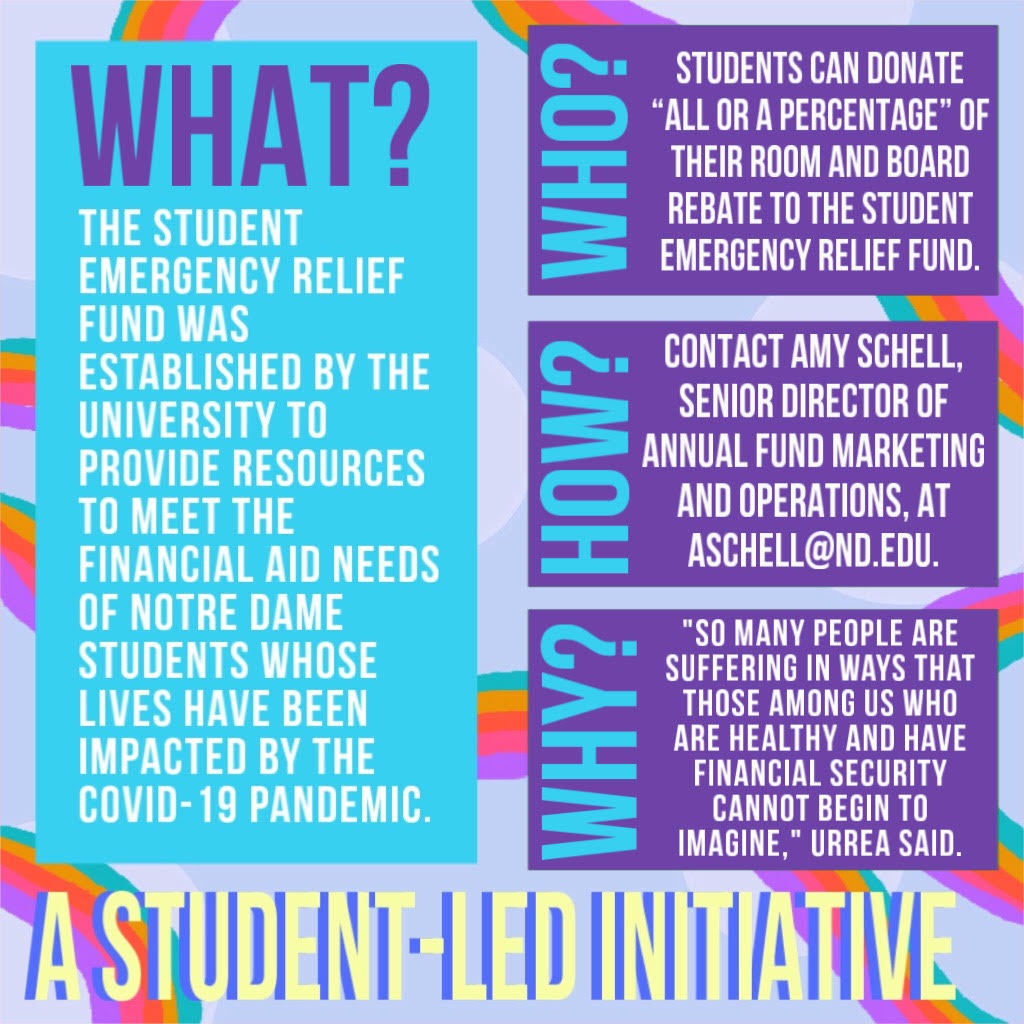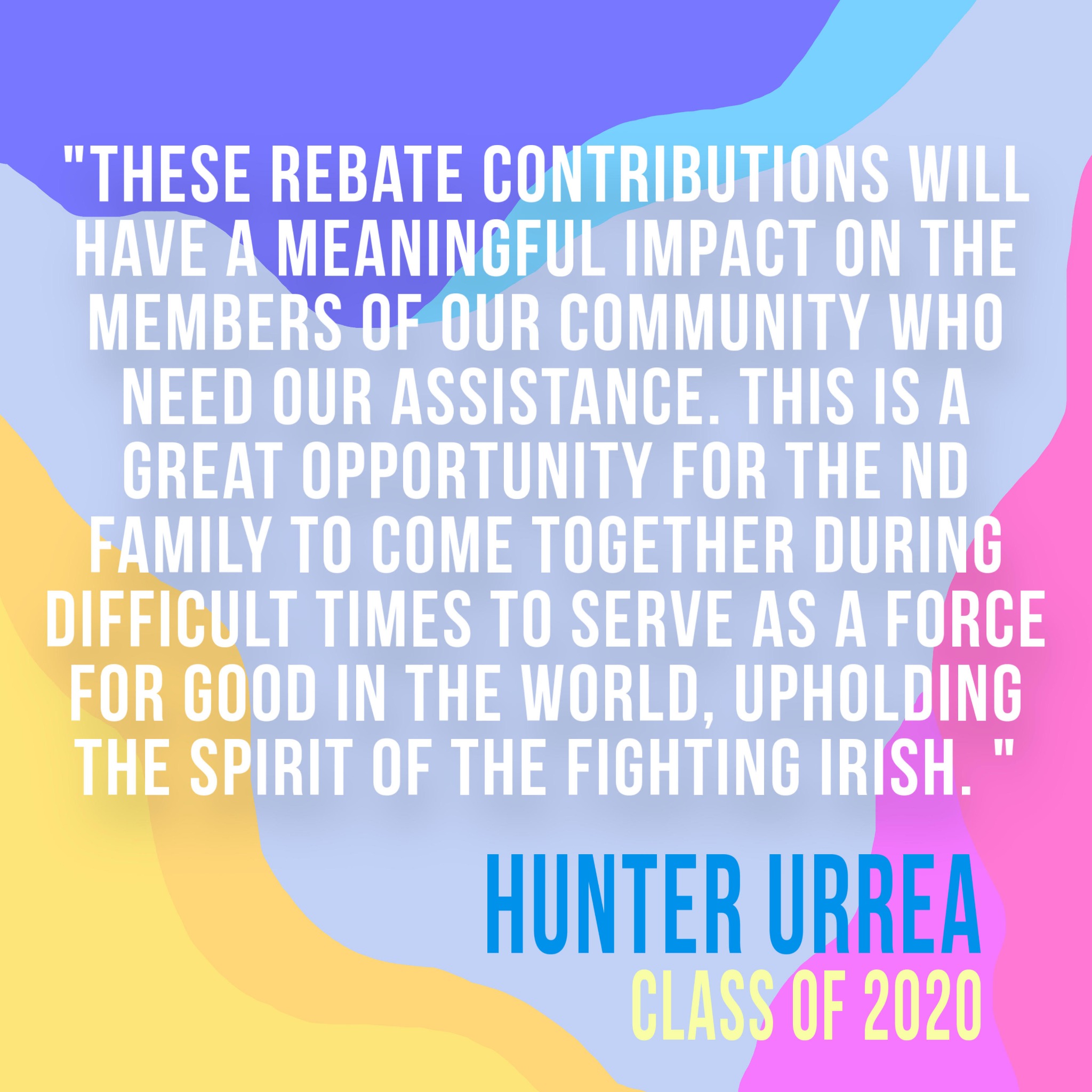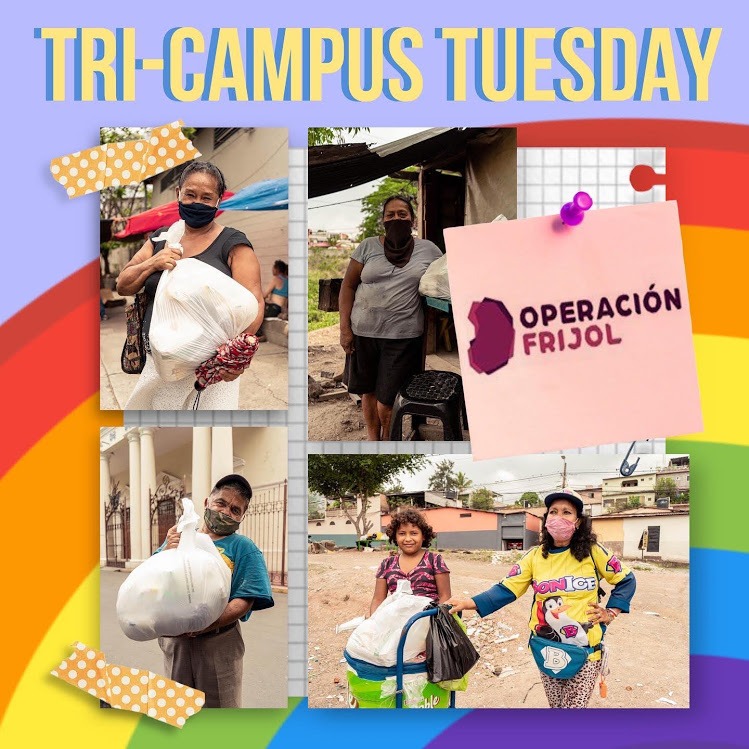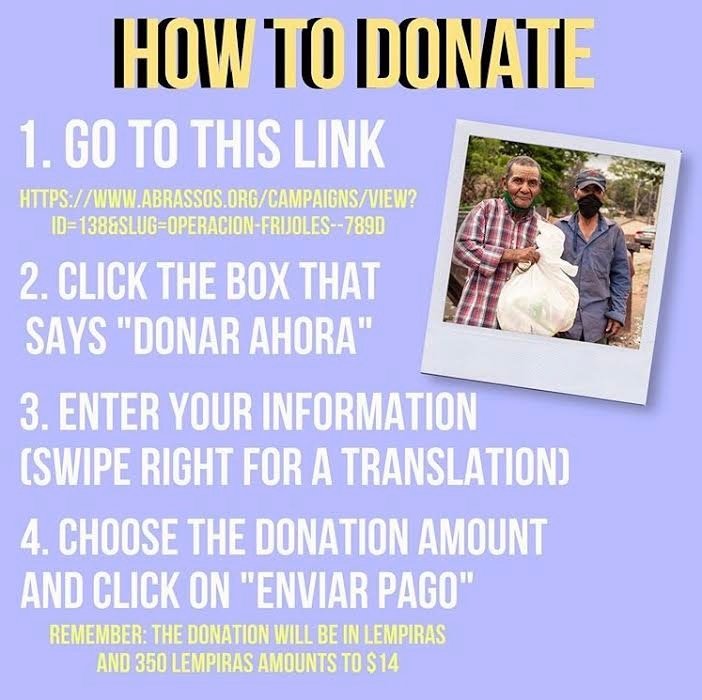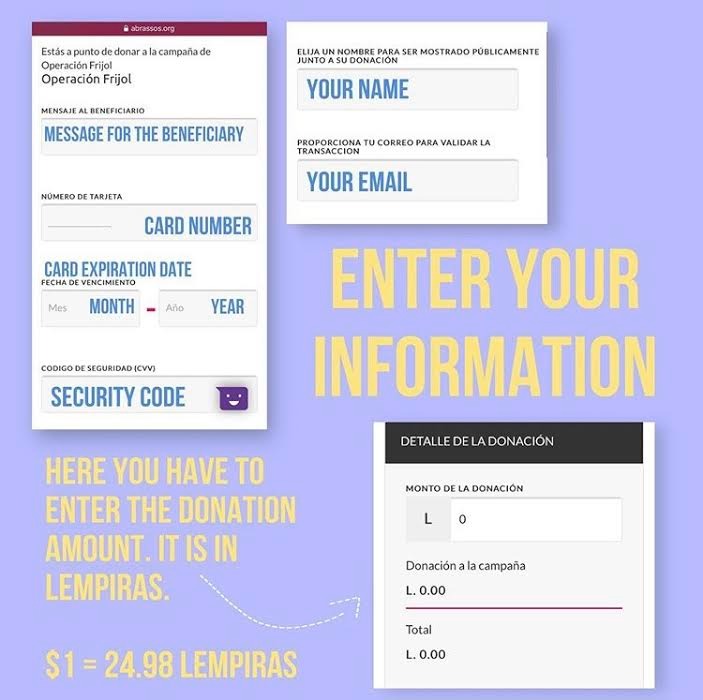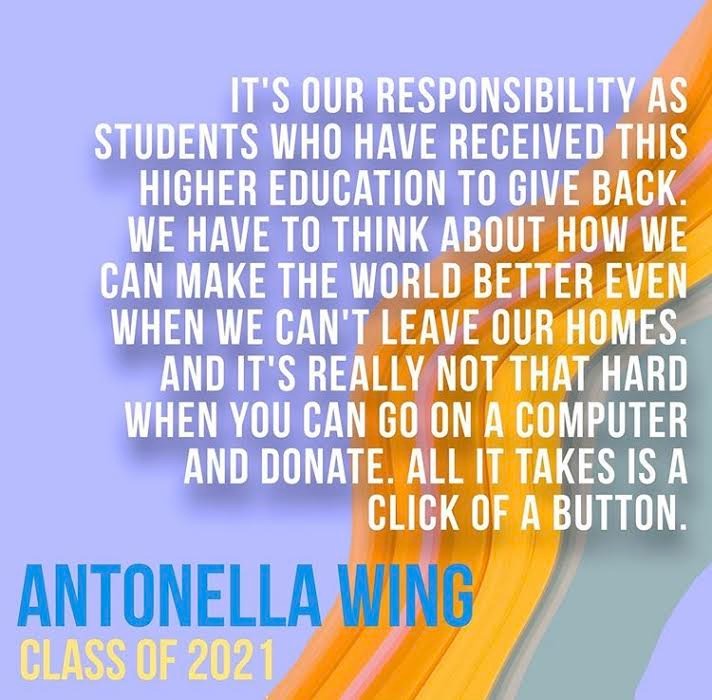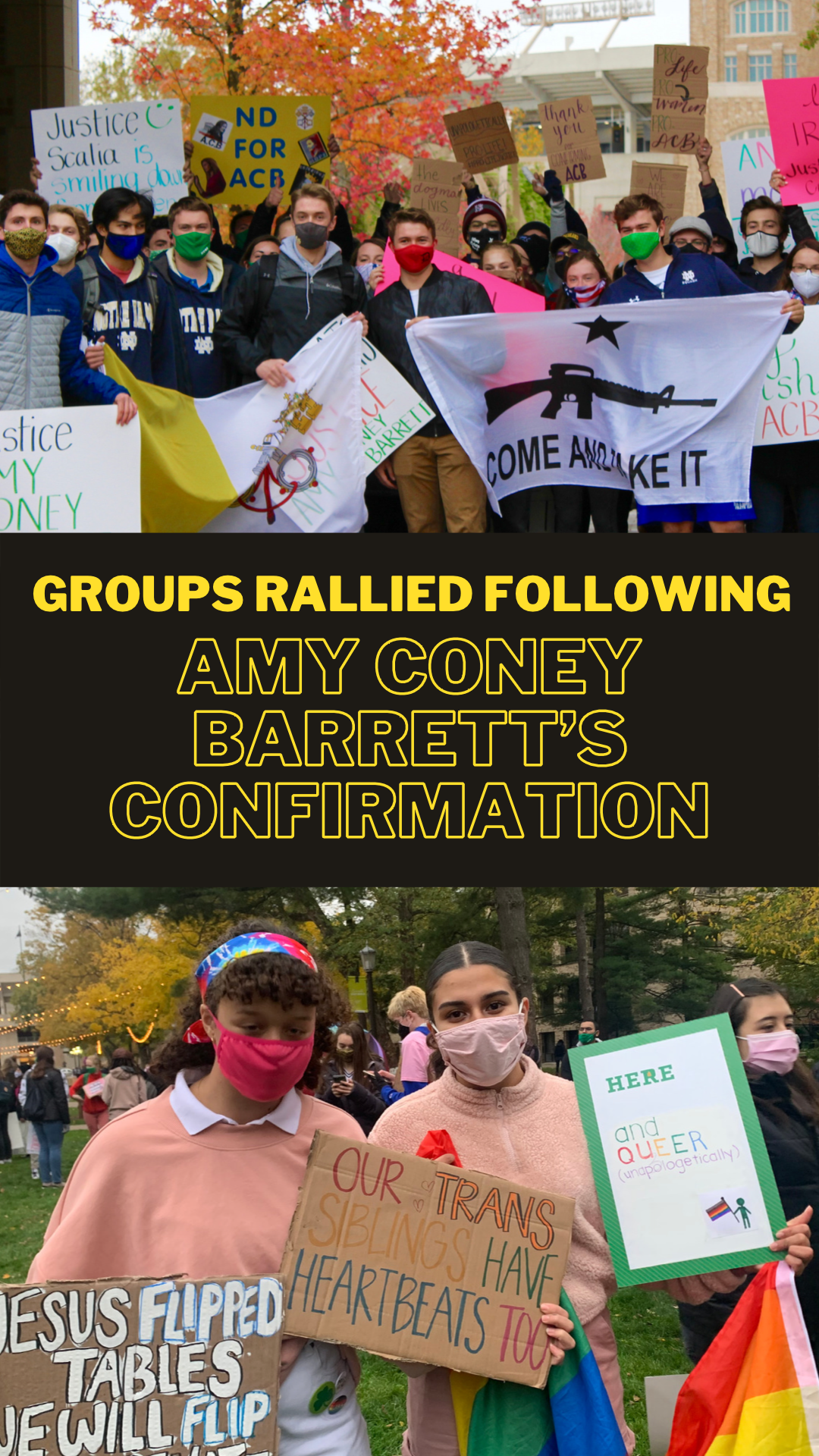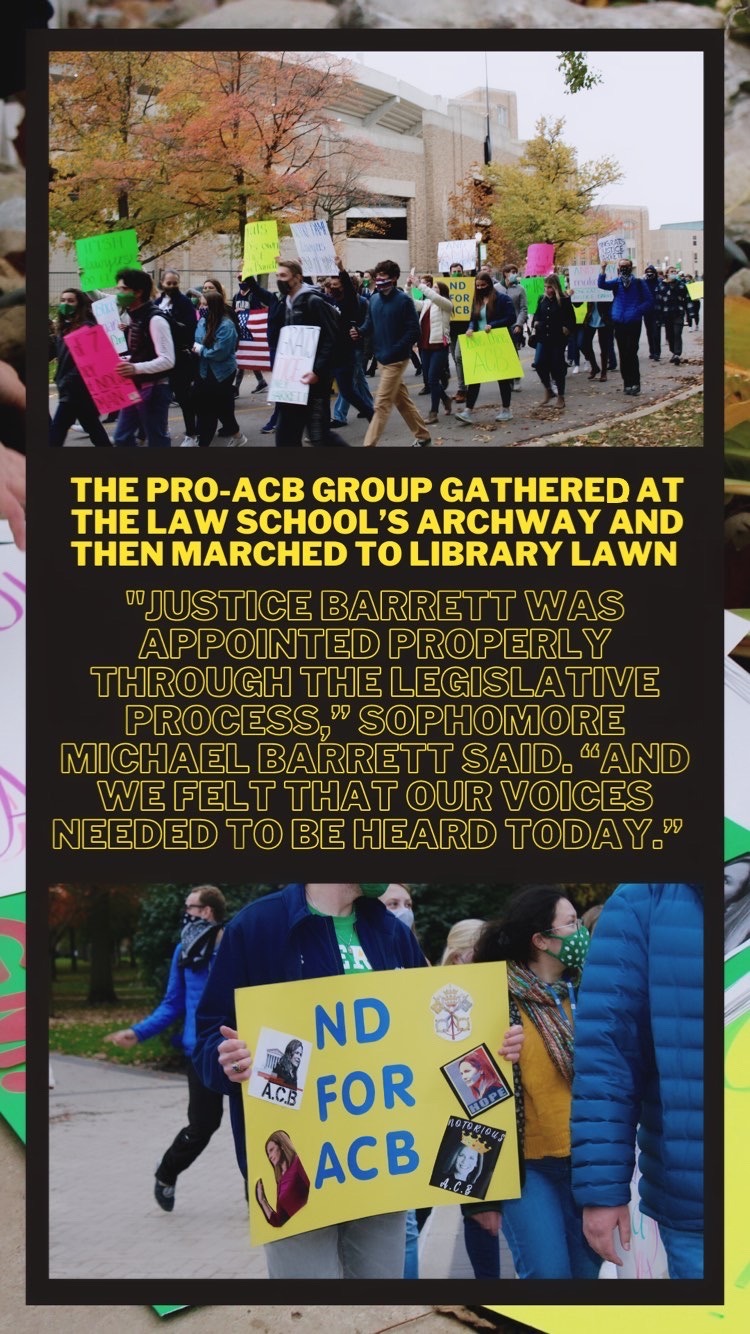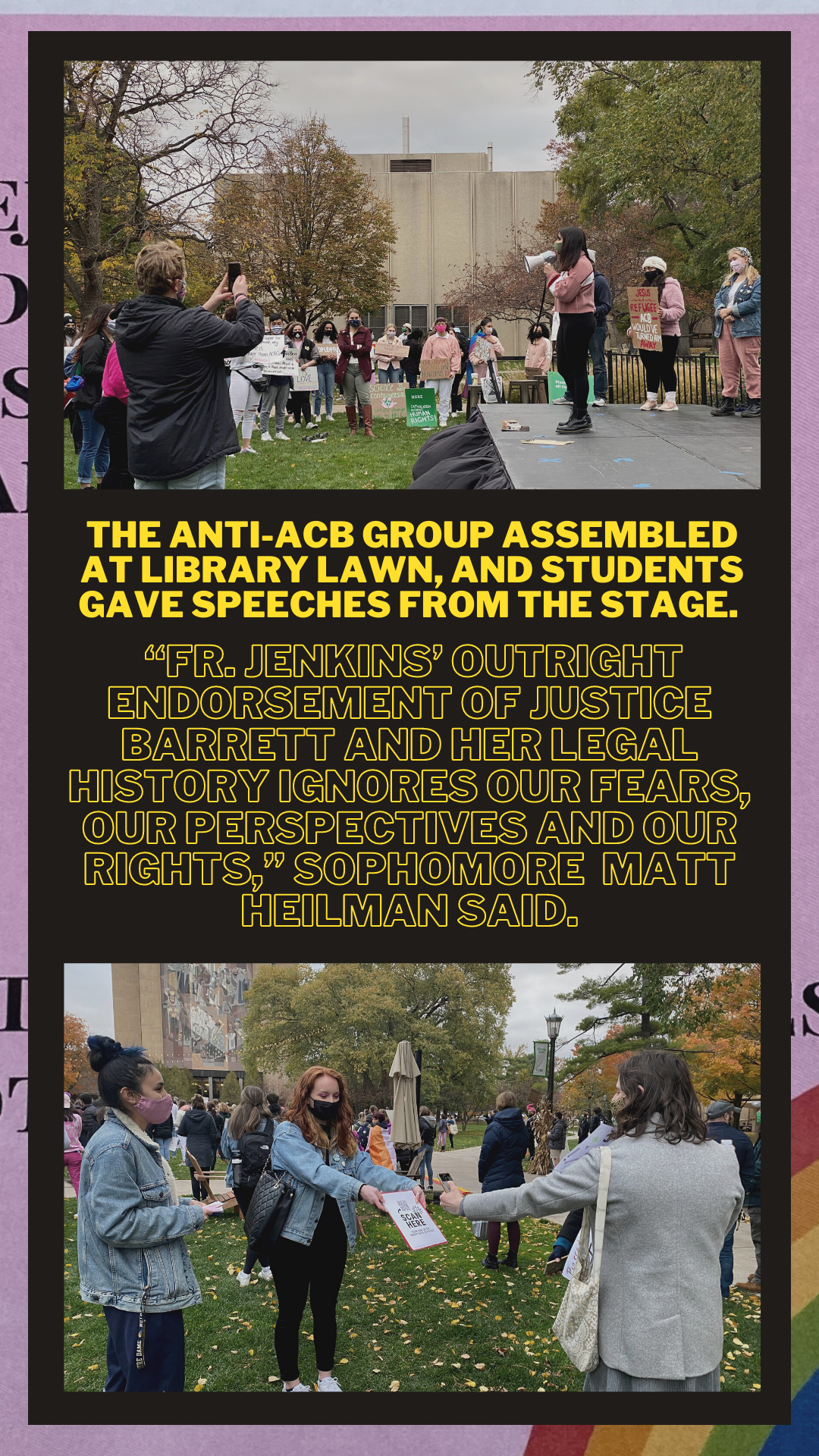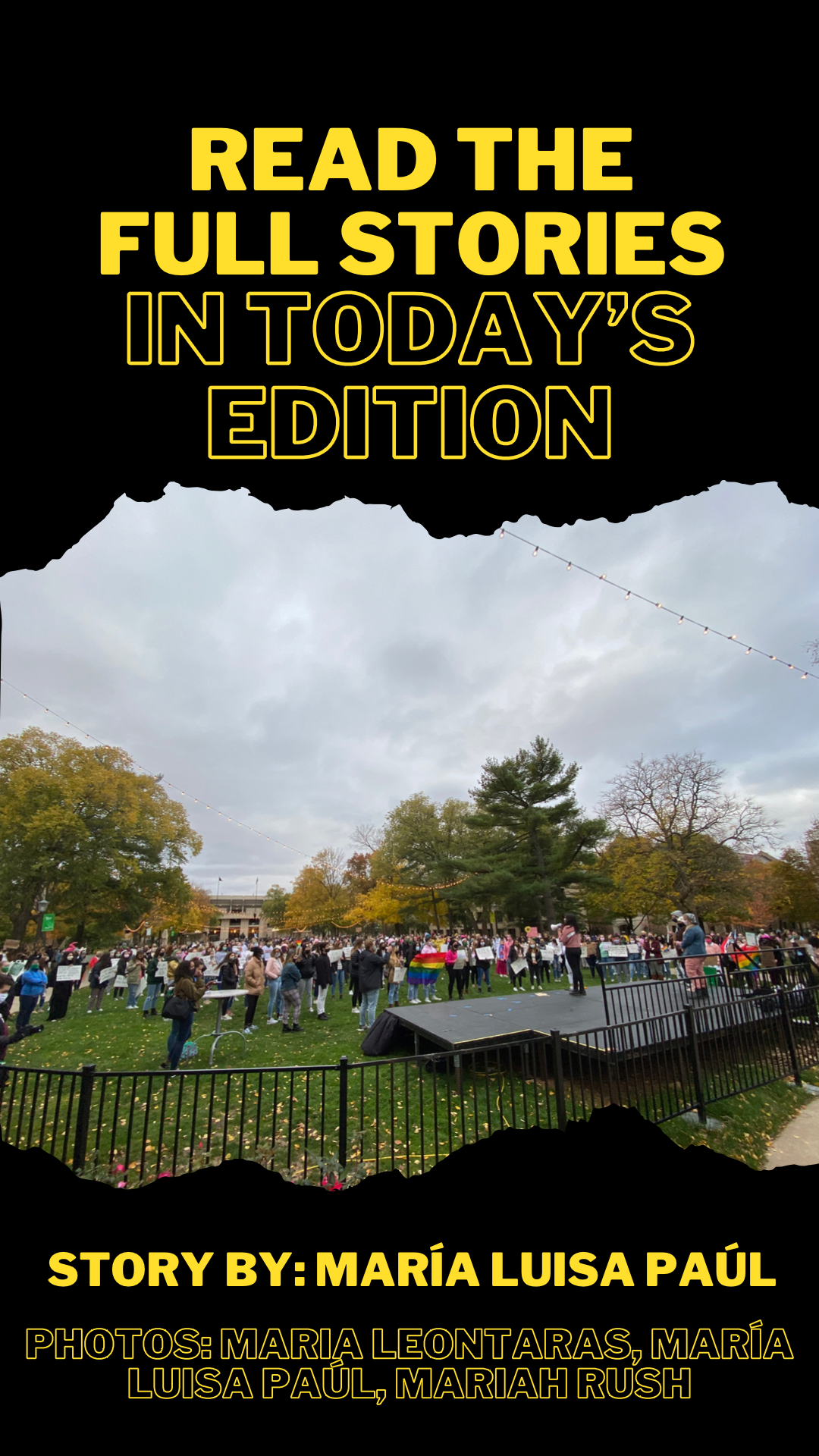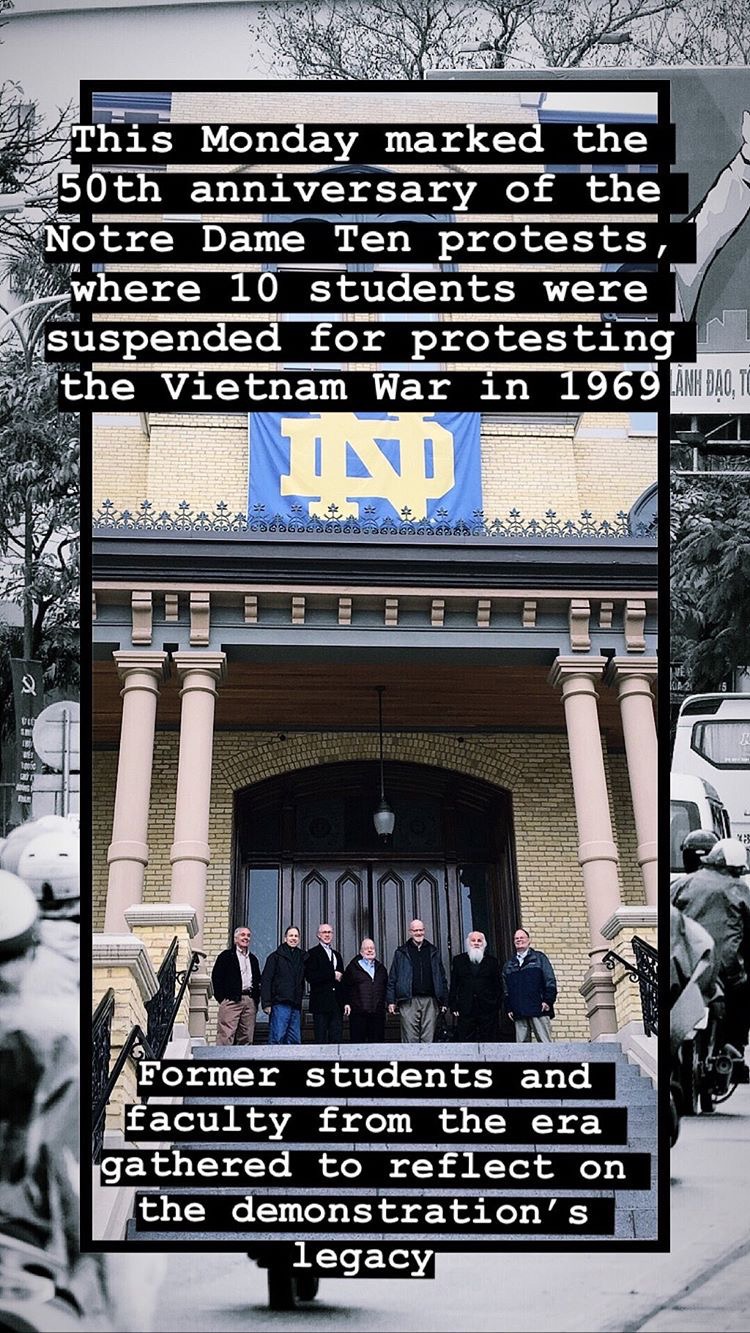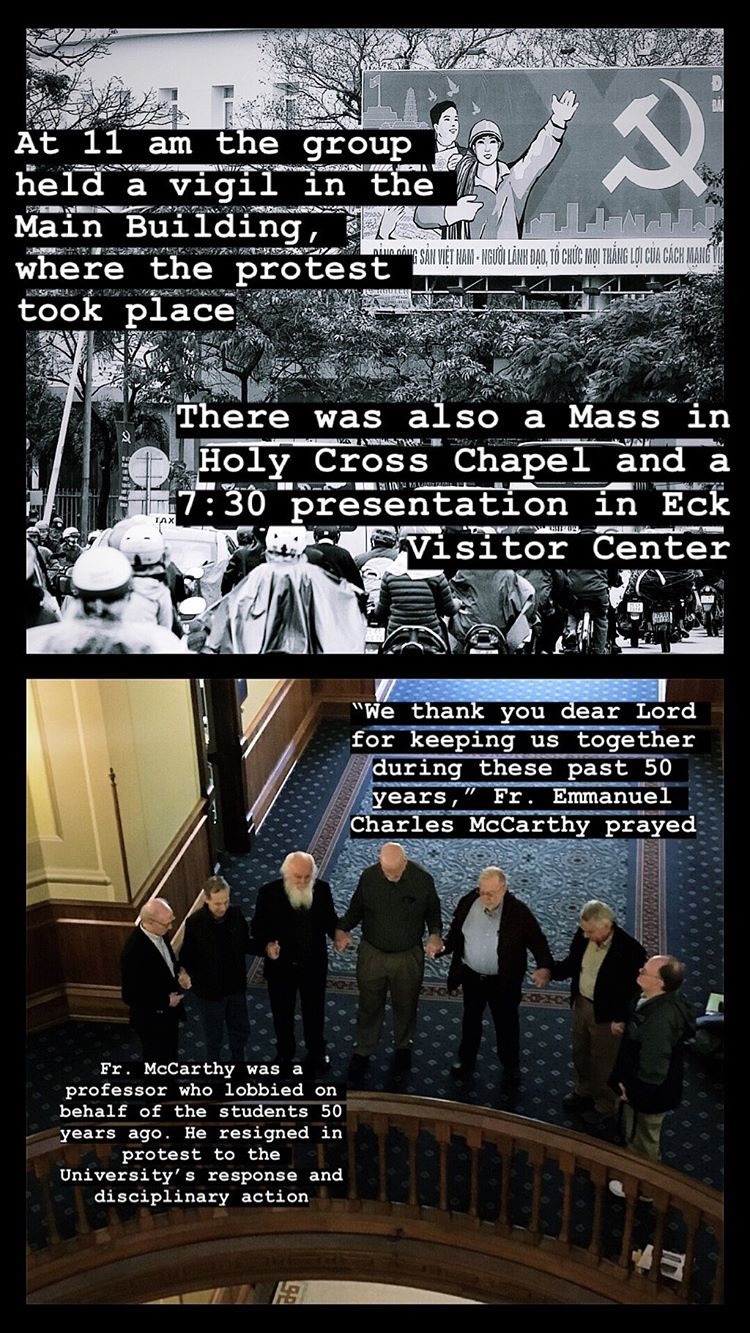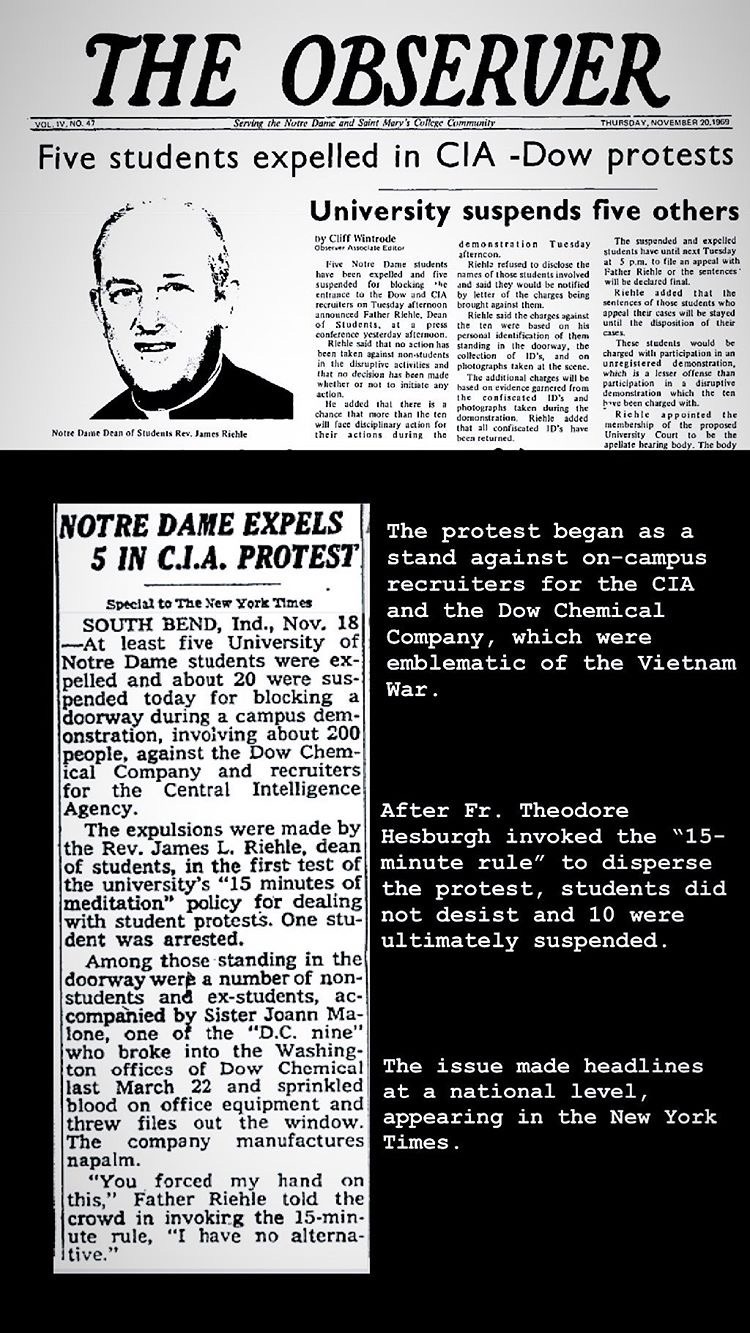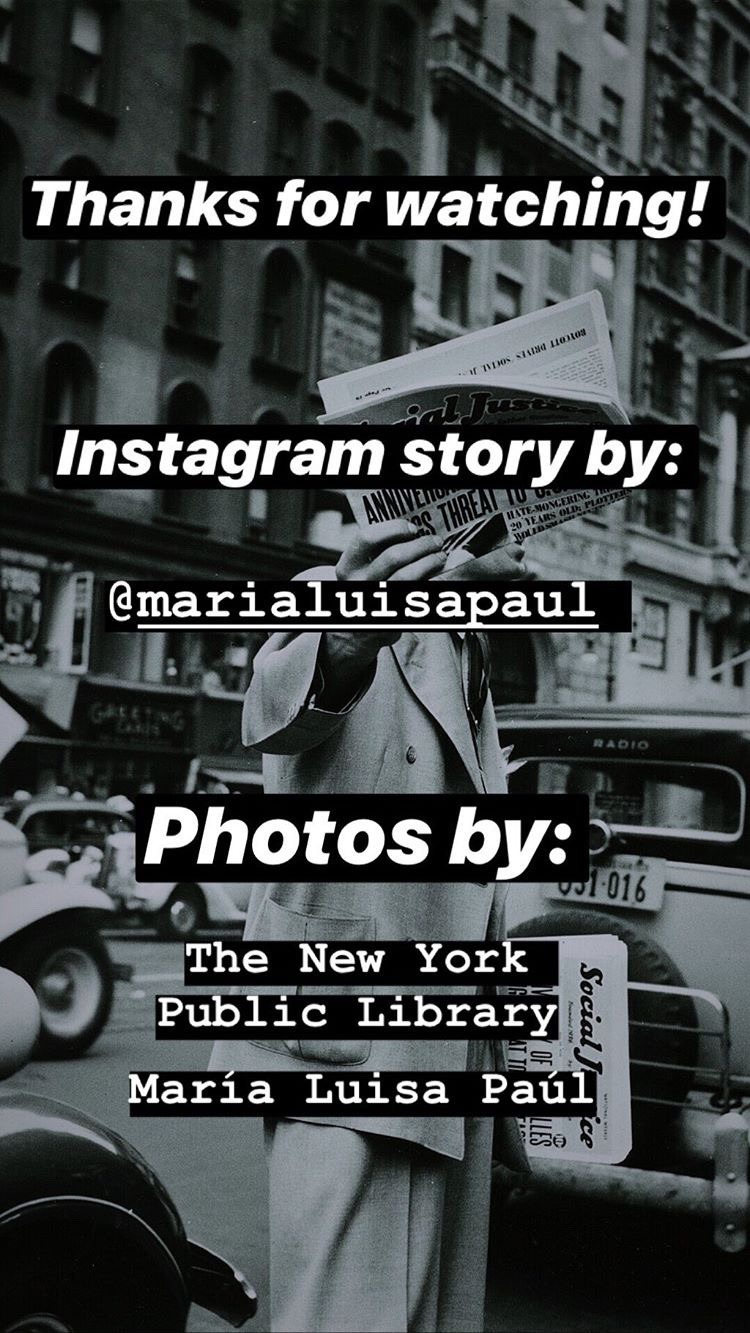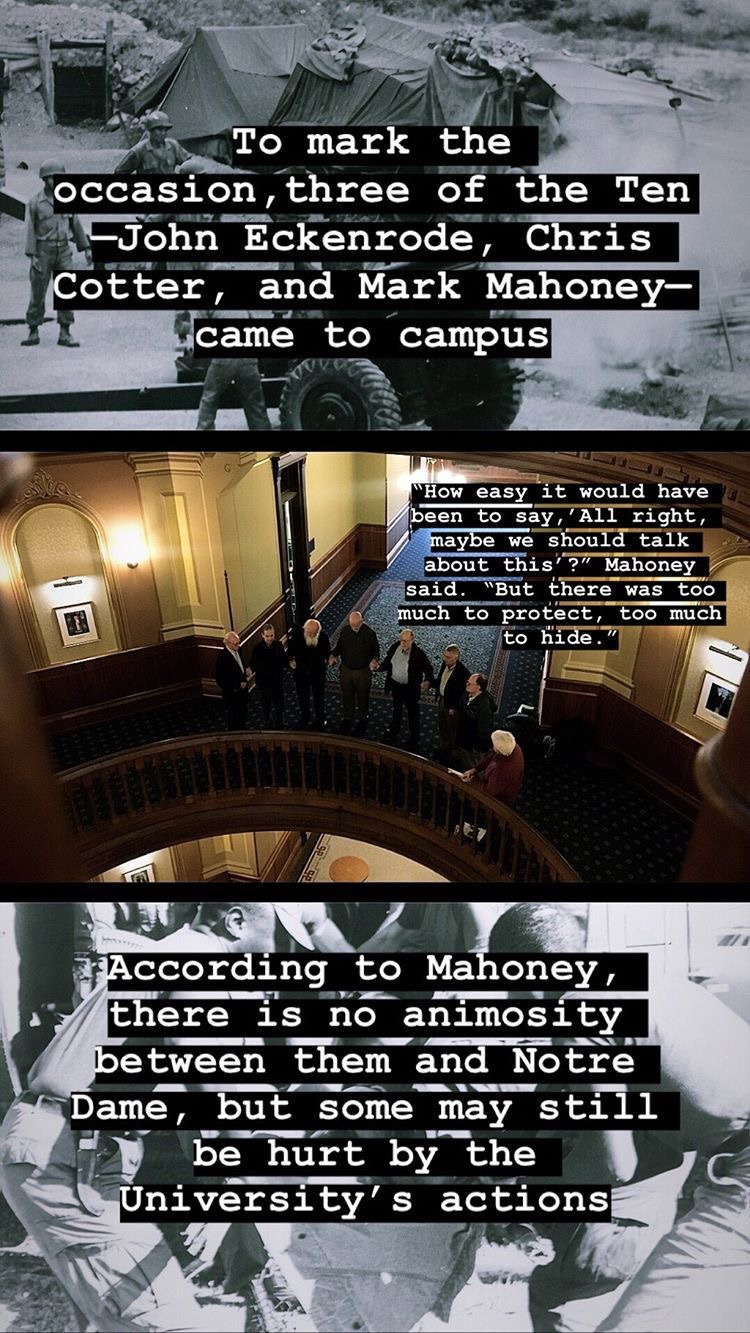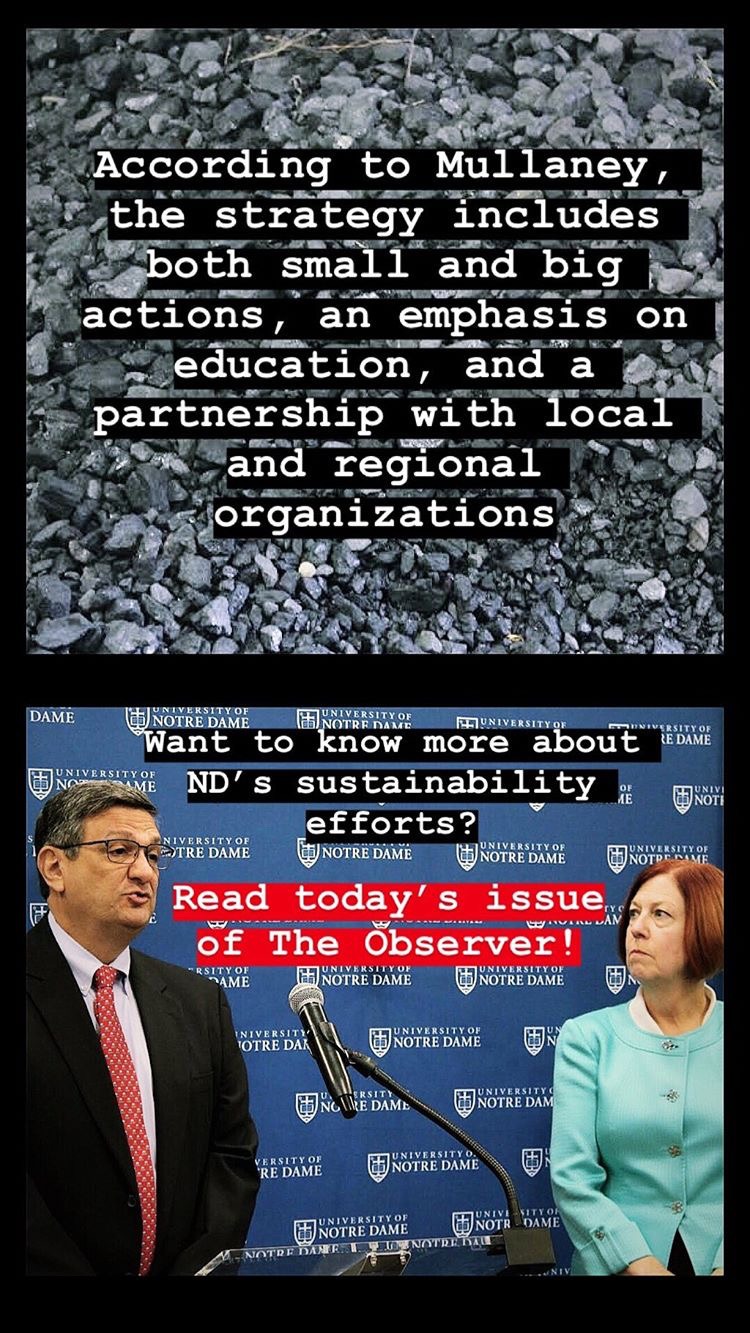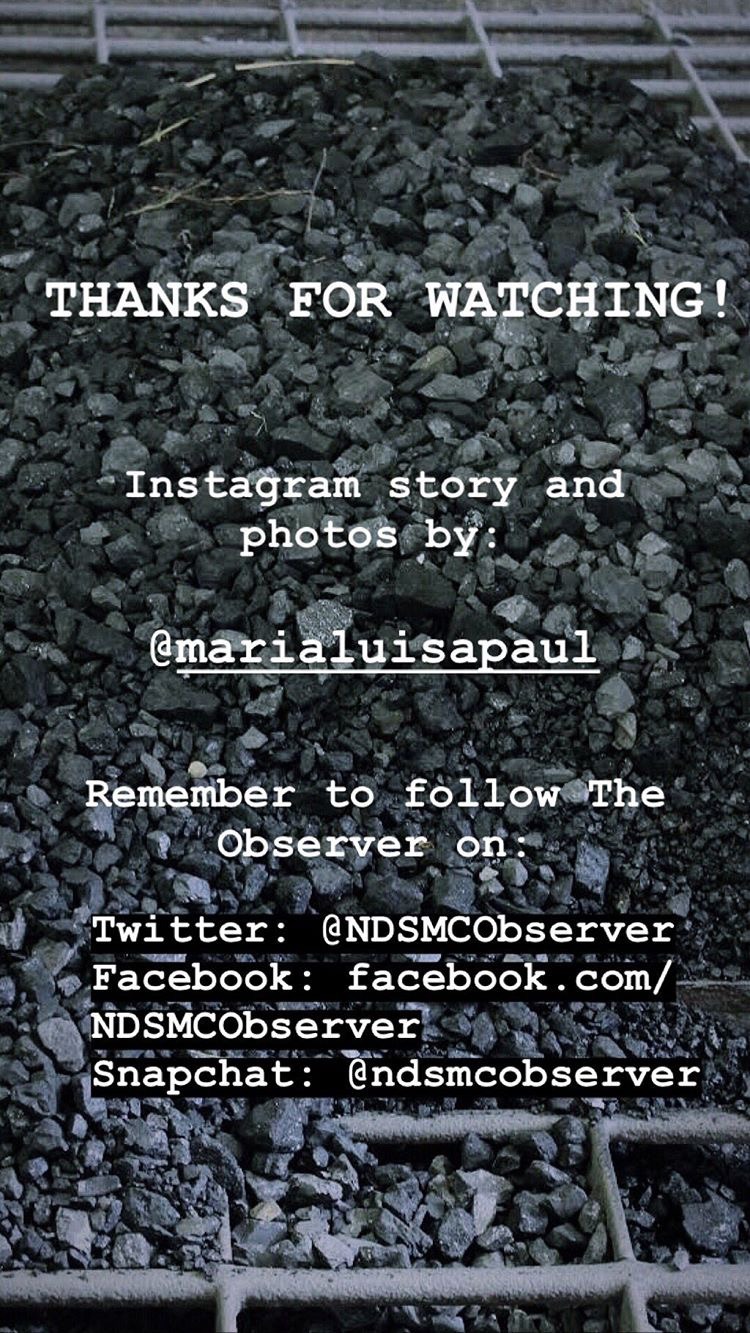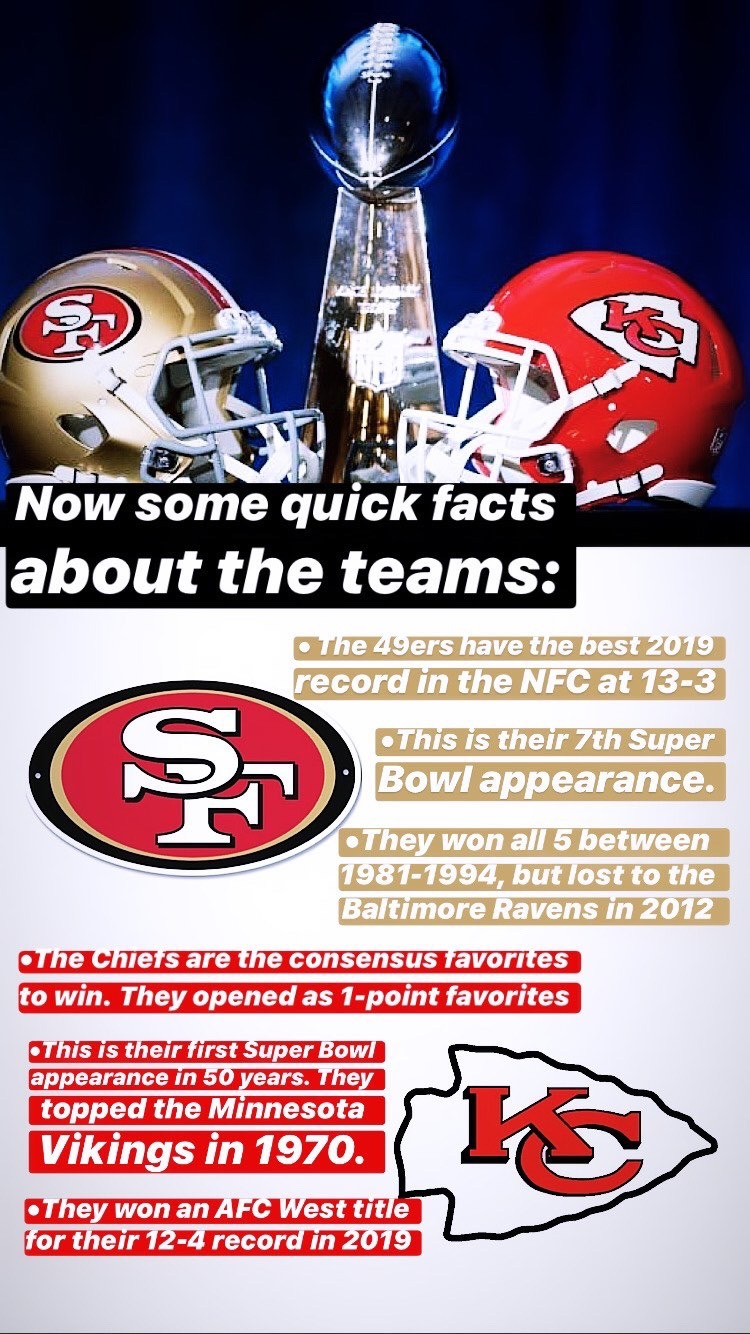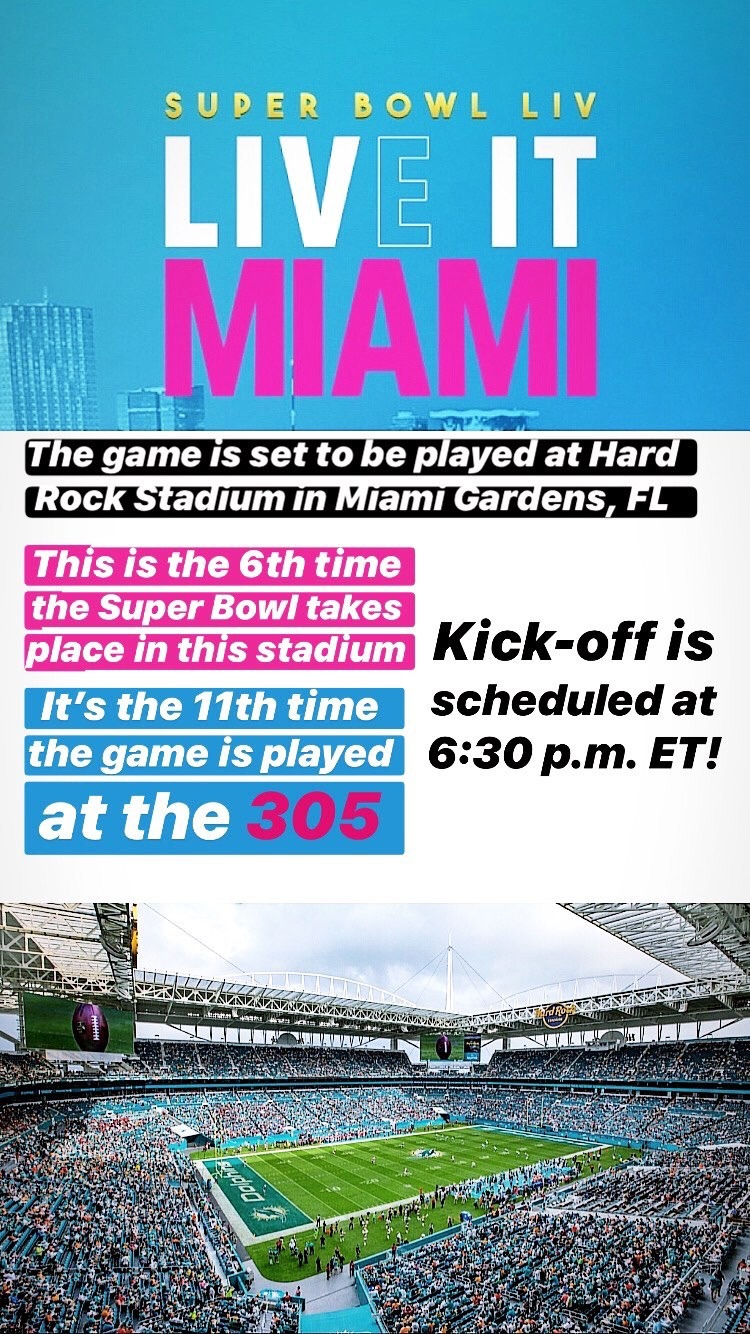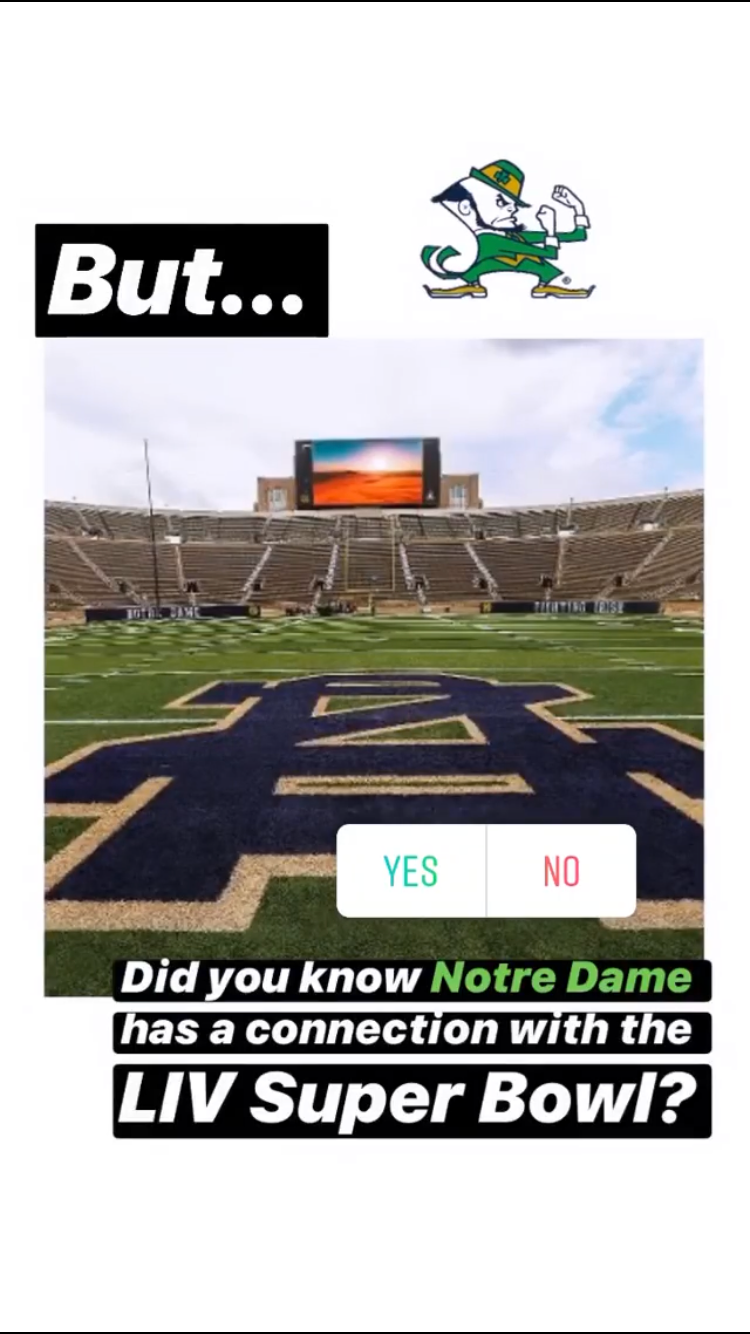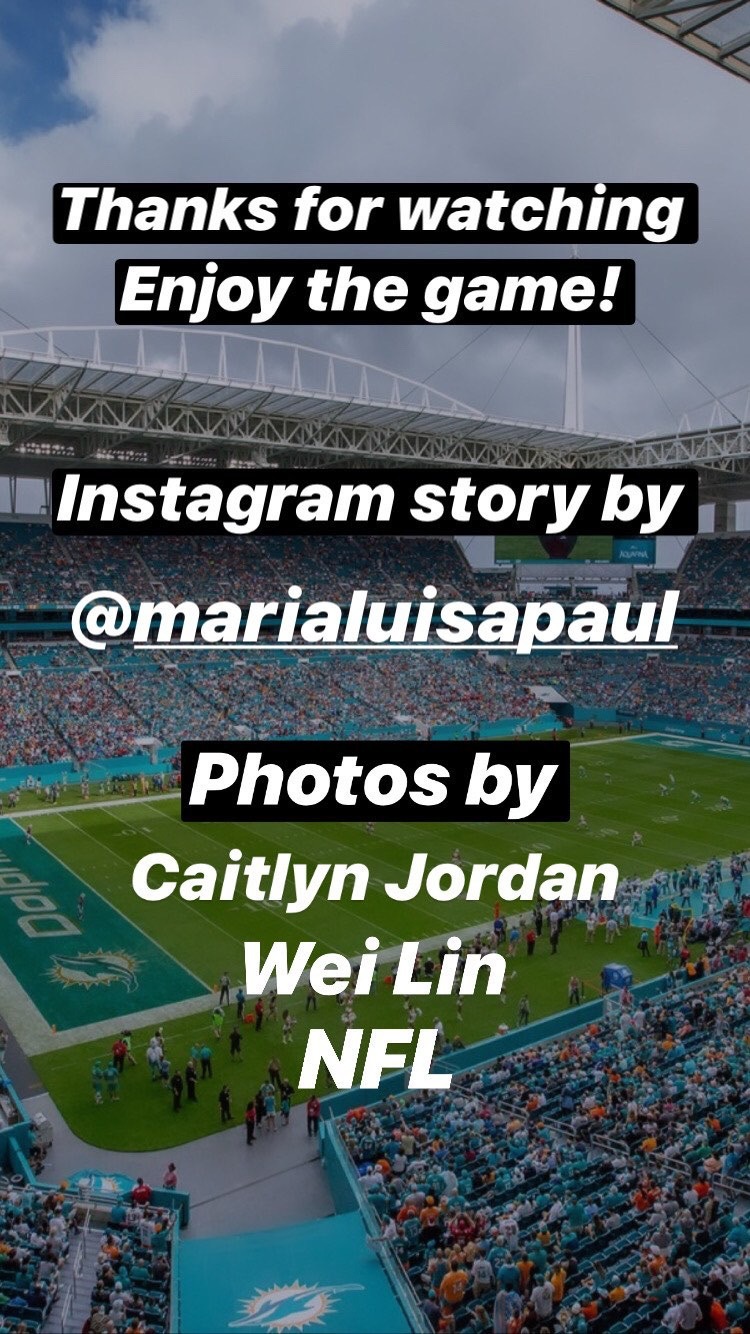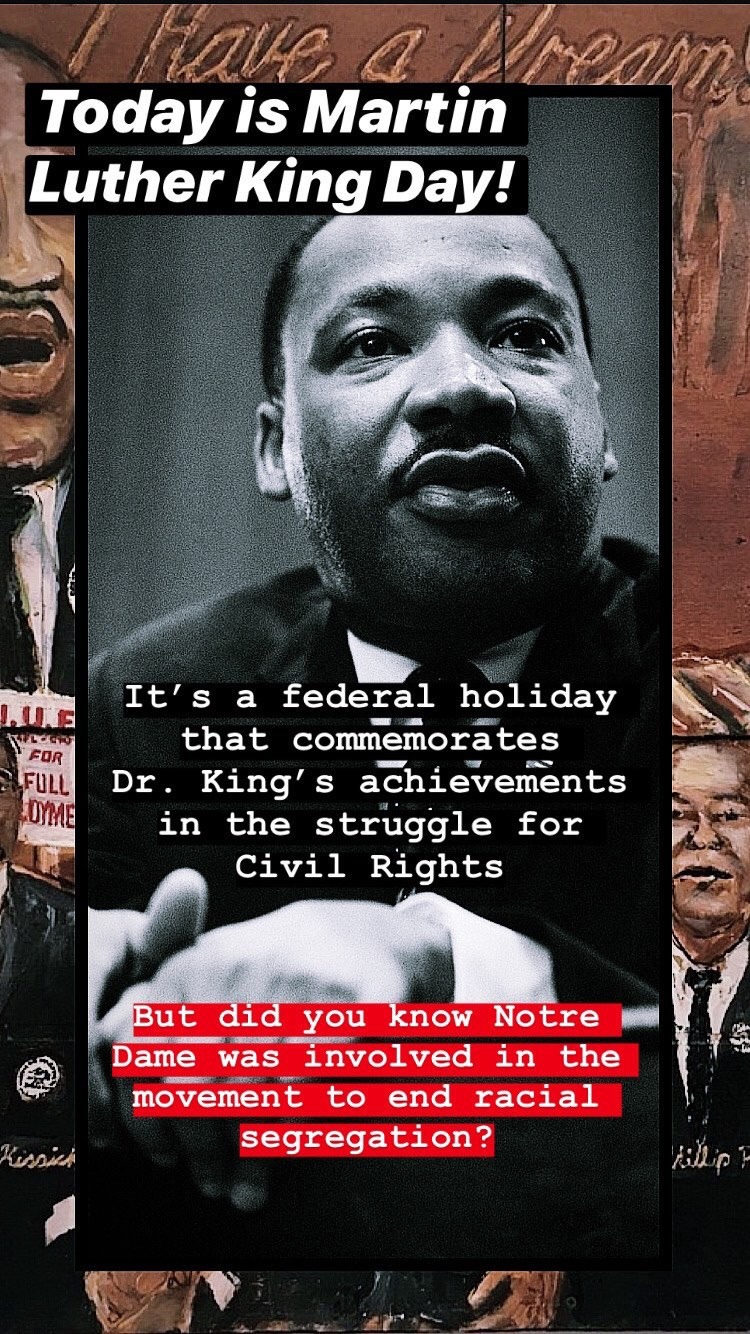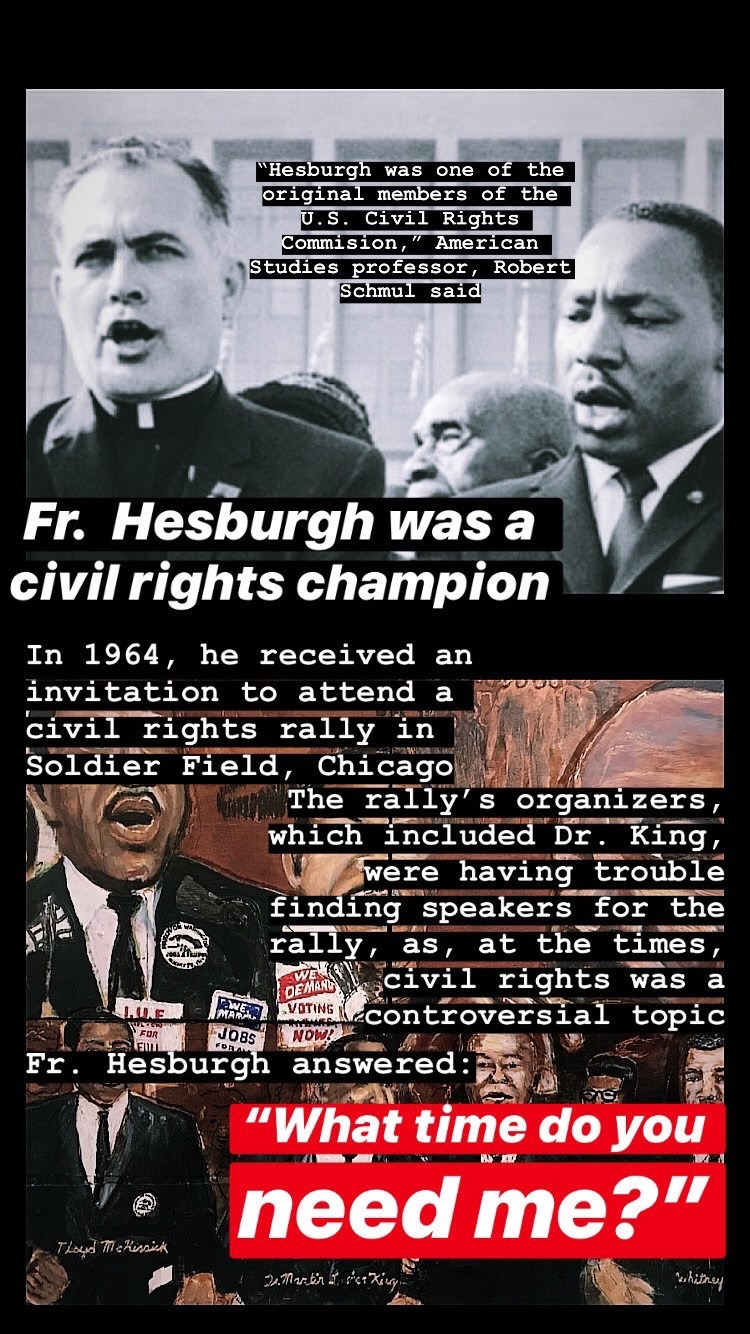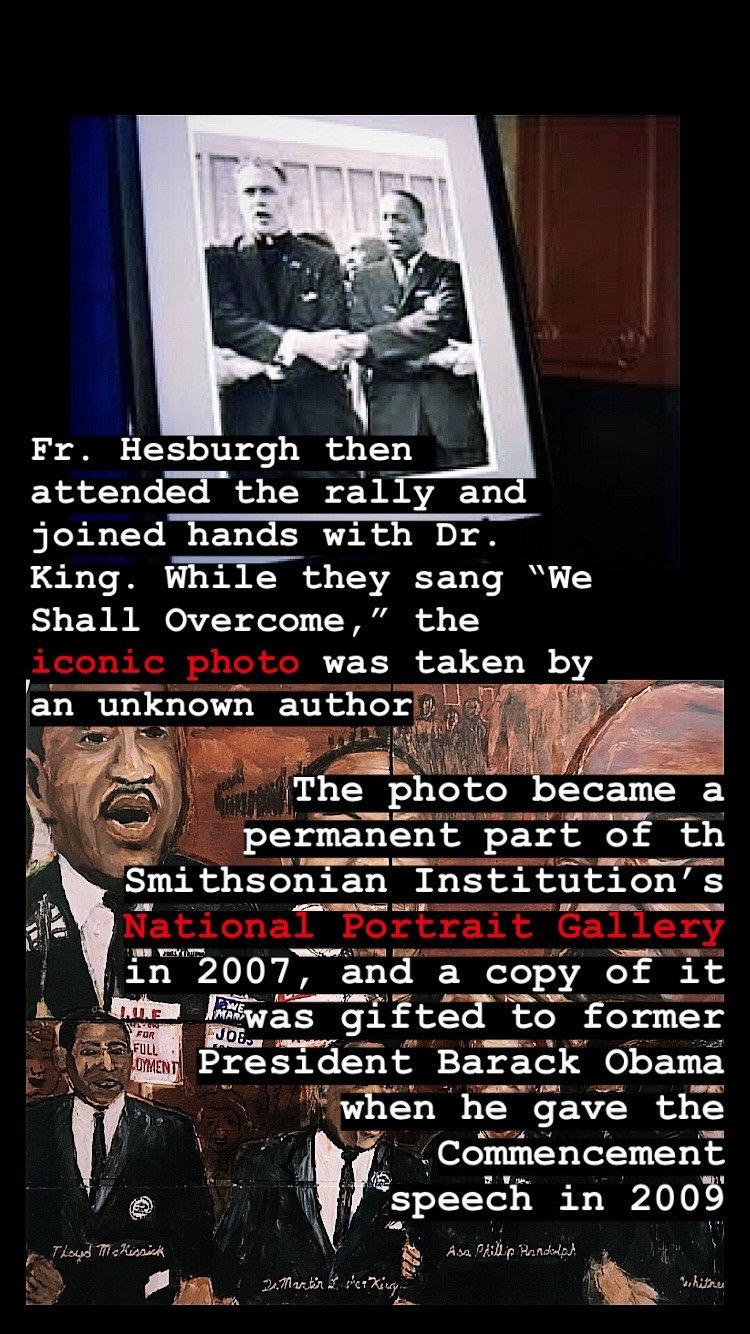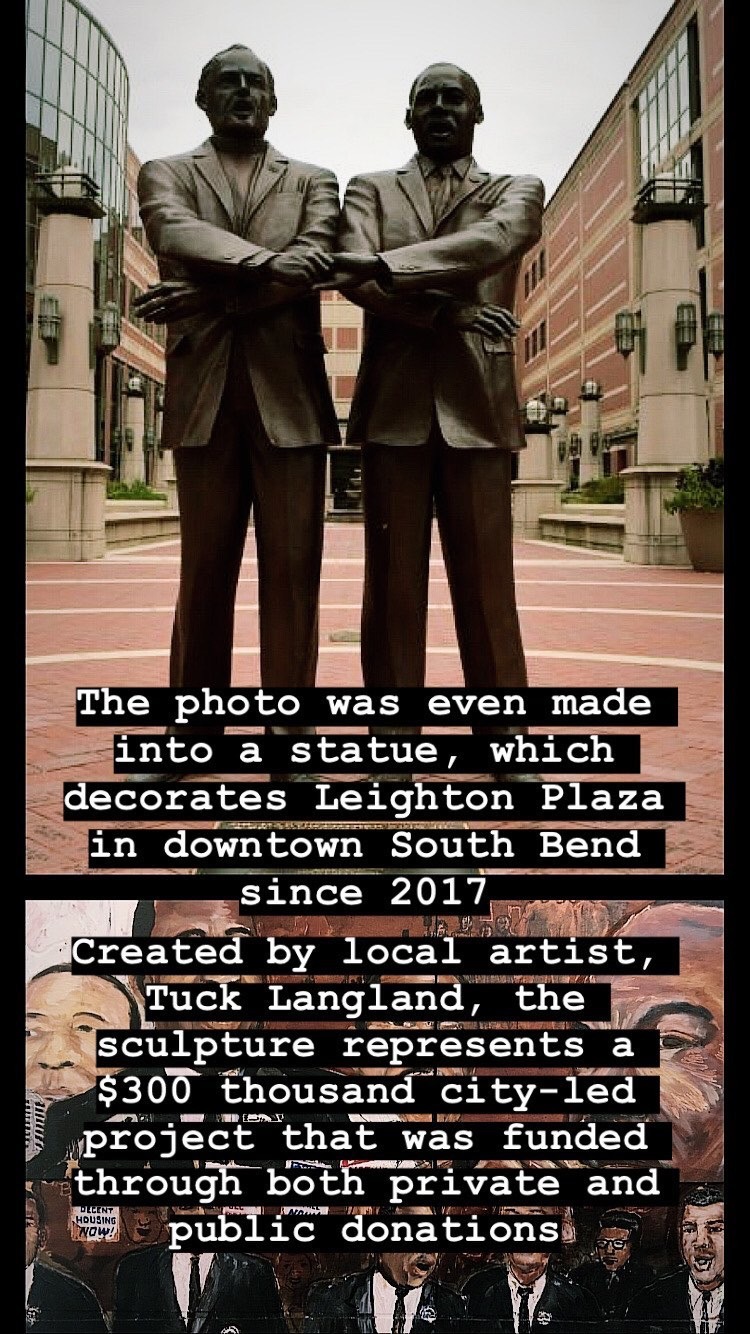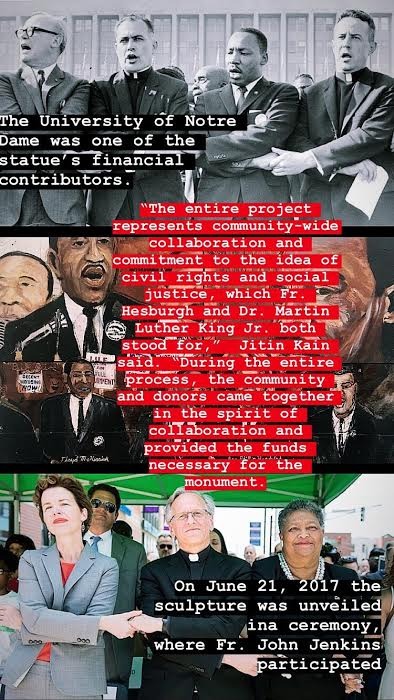What is interesting is the power and the impact of social media... So we must try to use social media in a good way.
Social media is often criticized for being shallow. Though it is true that it can be used as a means to mask our true experiences, I firmly believe that it is one of the most powerful tools we have to communicate and engage with different communities.
It is also a tremendous vehicle for change. Every second, billions of posts are shared to illustrate ideas, challenges and accomplishments. Social media is not only transforming the way in which people communicate with one another, but also the way in which news is acquired. Thus, as journalists, we must utilize these networks responsibly for the purpose of informing society. We must incorporate modern technology into our reporting to not only engage with readers, but to also promote greater transparency and hold leaders accountable.
At The Observer, I was lead social media strategist. The Social Media Department was created in 2019, and, through trial and error, we demonstrated that social media can enhance our coverage and bring people together. Since its inception, we have increased our following across all platforms and, thus, our readership.
Here are some of the projects I have worked on during my time.
Tri-Campus Tuesday
Amid the coronavirus global crisis, the daily flood of devastating headlines seemed unescapable. Though informing the community about the pandemic was necessary, I realized that it was overwhelming our audience. Thus, I spearheaded the "Tri-campus Tuesday" initiative, which focused on sharing stories of hope and goodness coming from the tri-campus community of the University of Notre Dame, Saint Mary's College and Holy Cross College. My hope was to show that hard times have the tendency to bring out the best in people.
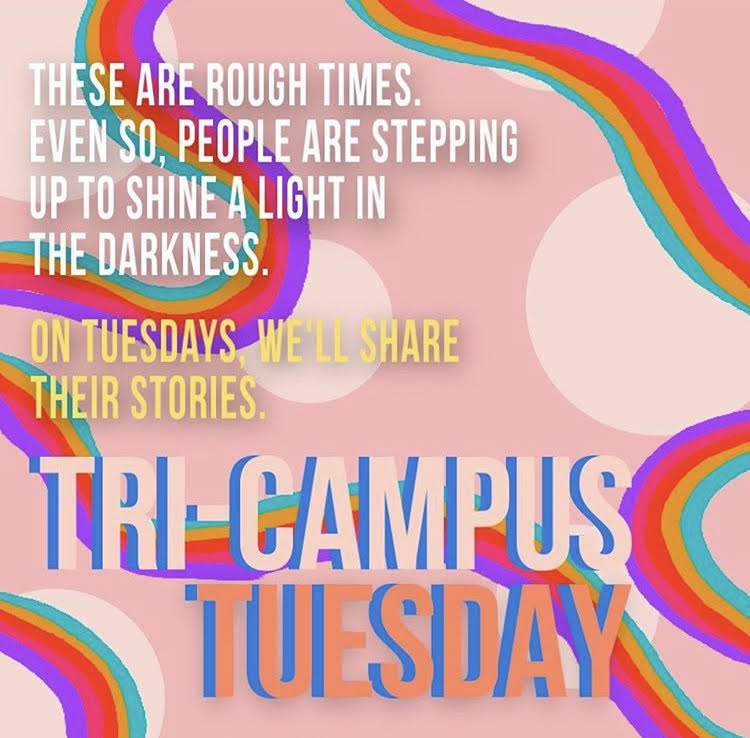
To me, this project gives insight into Notre Dame's essence and its student body's bountiful creativity during times of crisis. My goal with Tri-Campus Tuesday is to find interesting stories, inform readers about initiatives and events, and seek opportunities to implement mixed-media into our reporting.
Yet, with last year's social justice reckoning, Tri-Campus Tuesday became much more than sharing hopeful content. Rather,it became a mechanism to highlight the oftentimes overlooked diversity within Notre Dame. Thus, when I became The Observer's Talent and Inclusion manager, the project became a cornerstone of my strategy.
Since April 14, 2020 we featured these stories throughout our platforms, and they proved to be some of the most shared and viewed. Up until August 2020, I was tasked with finding stories, conducting interviews, writing social media captions and the accompanying article and creating graphics. Then, I worked closely with the Instagram Manager in order to support our new visual rebranding.
These are a few examples, but you can find all of them published in The Observer's Instagram account.
In times of uncertainty and despair, hope can come in many ways, even through music. Today’s #TriCampusTuesday features a trailblazer who is utilizing his melodious voice to uplift spirits and enact change.
Emorja Roberson has led a groundbreaking trajectory at Notre Dame, being the first African American to graduate with a Master of Sacred Music in Vocal Performance and to pursue a Doctor of Musical Arts in Choral Conducting. He also serves as a Graduate Assistant and vocalist for the ND Folk Choir.
“My mission at ND is to be the bridge between the predominantly white community and the black community, or any other community that is not associated with gospel music and has a desire,” he said.
During the pandemic, Roberson provided a much-needed dose of encouragement with his song, “He’ll Be With You.” The song was recorded prior to the country’s shutdown due to COVID-19. Yet, the message behind it is one that he hopes will uplift people’s spirit: “we are never alone, God is always with us,” Roberson said.
Read more here.
Engagement with the news
As a strategist, one of my main responsibilities was to create, publish and manage original content. For me, the job encompassed giving life to our reporting. In this way, I strived to show rather than tell, mixing video, photos and written work to engage our readers.
One of the main ways in which I did this was through Instagram, where I often used the Stories feature to pique our audience's interest and provide greater insight into articles.
Below are some examples of my work.
Students react to Amy Coney Barrett's confirmation to the Supreme Court
Two groups of students rallied following Amy Coney Barrett's confirmation: one in support of Barrett and another in opposition. While one of my peers covered the protest, I reported on the pro-Barrett event, and then we collaborated to produce a video depicting both events.
I then utilized the media elements from the simultaneously-held events to promote our coverage on The Observer's Instagram account.
October 30, 2020
Notre Dame Ten and supporters gather in conversation on anniversary of 1969 protest
In 1969, ten students were suspended for protesting the Vietnam War on campus. November 18, 2019 marked the 50th anniversary of this event, and the former students and faculty gathered on campus to reflect on the legacy of their demonstration.
I worked closely with fellow reporter, Mary Steurer, to share her article in The Observer's social media platforms.
November 19, 2019
University cuts coal use one year ahead of schedule
When Notre Dame announced it was cutting its use of coal, I approached reporting in a socially-minded way. I attended the press conference, and made sure to take photos and videos while it was happening in order to promote the story in social media.
October 15, 2019
National news with a local angle
I find that one of the most effective ways to foster engagement is to show the connections between our reporting and our audience. In this way, news becomes personal, interesting and important. Despite the scope of national events, I always enjoy finding local relationships. Here, I share two examples: the 54th Super Bowl and Dr. Martin Luther King Jr. Day

